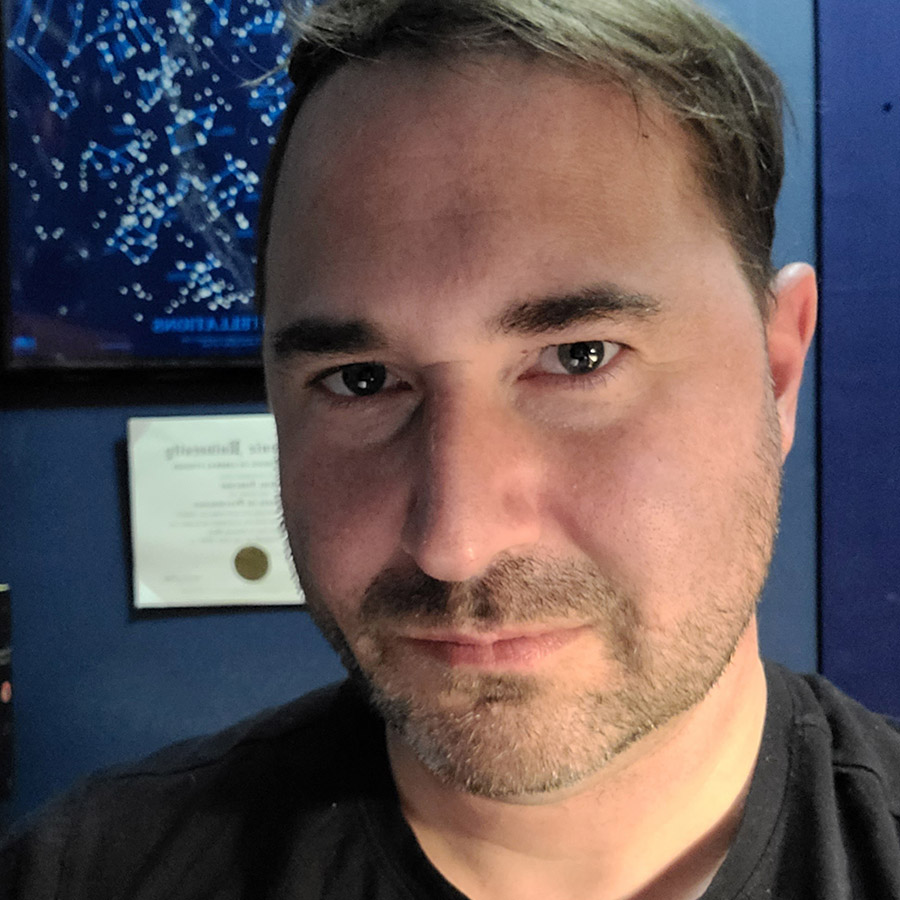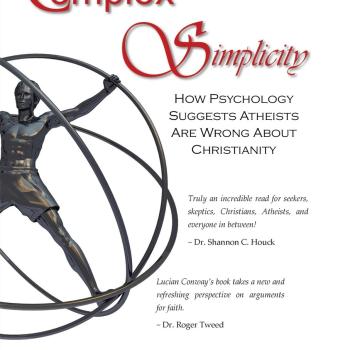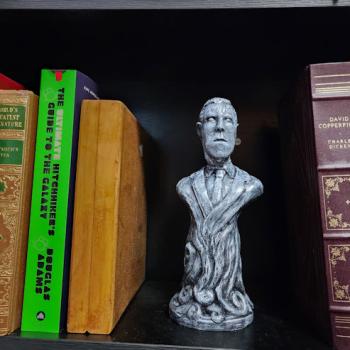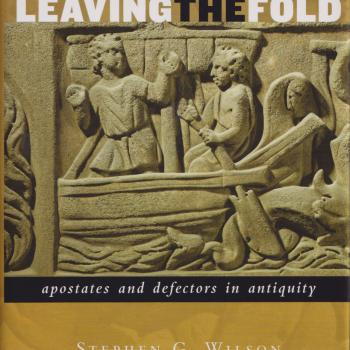
John Warwick Montgomery is a renaissance scholar and a true renaissance man; having made a name for himself as a lawyer, professor, Lutheran theologian, and prolific author. Currently still practicing law, he is also both Distinguished Research Professor of Philosophy at Concordia University, Wisconsin, Emeritus Professor at University of Bedfordshire, England, the director of the International Academy of Apologetics, Evangelism & Human Rights in Strasbourg, France, and is the editor of the theological online journal Global Journal of Classical Theology.
In 1949, Montgomery was pursuing a degree in philosophy at Cornell University. Like most students of philosophy, Montgomery was skeptical of religious ideology and uninterested in the concept of God. It was a student of engineering rather than a philosopher or theologian that challenged his preconceptions. The engineering student, Herman John Eckelmann, was an upper classman who had chosen to stay in the freshman dorms, specifically for the purpose of challenging young intellectuals such as Montgomery.
Although not a philosophy student himself, Eckelmann was an enthusiastic reader of apologetics material, and eagerly shared his impressive collection with Montgomery – introducing him to such works as Wilbur Smith’s Therefore Stand, E. J. Carnell’s Introduction to Christian Apologetics, and C. S. Lewis’s Miracles and broadcast talks (later published as Mere Christianity). Through persistent attempts on the part of the enthusiastic engineer to engage the philosophy student in religious discussion, Montgomery finally admitted that – much as he doubted it would lead anywhere – he could not dismiss the claims of Christ if he did not first investigate those claims.
So, in order to preserve intellectual integrity, Montgomery sat down to really study what it was that Christ had to say.
What followed was not simply an intellectual struggle, as one would expect from a purely intellectual problem, but an emotional and existential struggle as well. Montgomery’s study led him to the realization that these were claims – both historical and existential – which could not so easily be dismissed. And if these claims were true, the truth of these claims would entirely overturn his worldview and, indeed, his world.
Montgomery realized that he was in active rebellion to God, hence the intellectual resistance to that which he studied. Asking for God’s forgiveness led to a freedom which turned Montgomery into a tireless campaigner for the truth he now embraced.
In Montgomery’s own words:
“The day following Christ’s entry into the centre of my consciousness, even the leaves on the trees seemed to glow with a new splendour. Later I would read Luther’s comment, when talking about the Real Presence of the Lord in the Eucharist, that “Christ is present in the leaf of every tree”—a truth entirely backed up by Colossians 1:12-17.” (quoted from John Warwick Montgomery’s autobiography)
Following his conversion, Montgomery joined the Cornell chapter of Inter-Varsity Christian Fellowship and attended its worship services, finding great exultation in his study of the hymns sung there, and of scripture.
On returning home to Warsaw for the summer, Montgomery confronted the minister of his local congregation, and asked why he had never heard a single sermon on Christ’s atoning death for the sins of the world. The minister responded by asking which theory of atonement Montgomery meant.
Said Montgomery:
“The one clearly set out—if anything is set out—in the Holy Scriptures. I might as well have grown up in darkest Africa for all the gospel I ever heard in your church.” (quoted from John Warwick Montgomery’s autobiography–in press now with the Verlag fuer Kultur und Wissenschaft, Bonn, Germany–slated for publication later this year)
Since this experience, Montgomery has written over one hundred scholarly journal articles in English, Spanish, French, and German; as well as over 50 books in multiple languages – all on the theology that drives his worldview.
And Montgomery’s worldview has not led him down the path of passive idealism or armchair moralizing: he is an accomplished lawyer who has championed human rights and religious freedom the world over, and has brought his convictions to bear at some of the most important moments in recent history. He was present in Paris during the ‘days of May’ 1968, involved himself in assisting Germans to cross the Berlin Wall during the oppression of East Germany, situated himself in Fiji during the bloodless revolution of 1987, and two years later, in China during the Tiananmen Square protests.
The breadth of Montgomery’s work, as a debater, broadcaster, seminarian, theologian, librarian, professor, and more is astounding. His command of languages, his founding of institutions, the many degrees and elevated academic positions which he held and still holds would compose a sizable list.
A man as intelligent and energetic as Montgomery would have undoubtedly made significant contributions to the world no matter his worldview, but upon what would these contributions be based, and in what direction would they flow? One cannot deny the influence Montgomery has had on the world, and the influence his worldview has had upon him.














